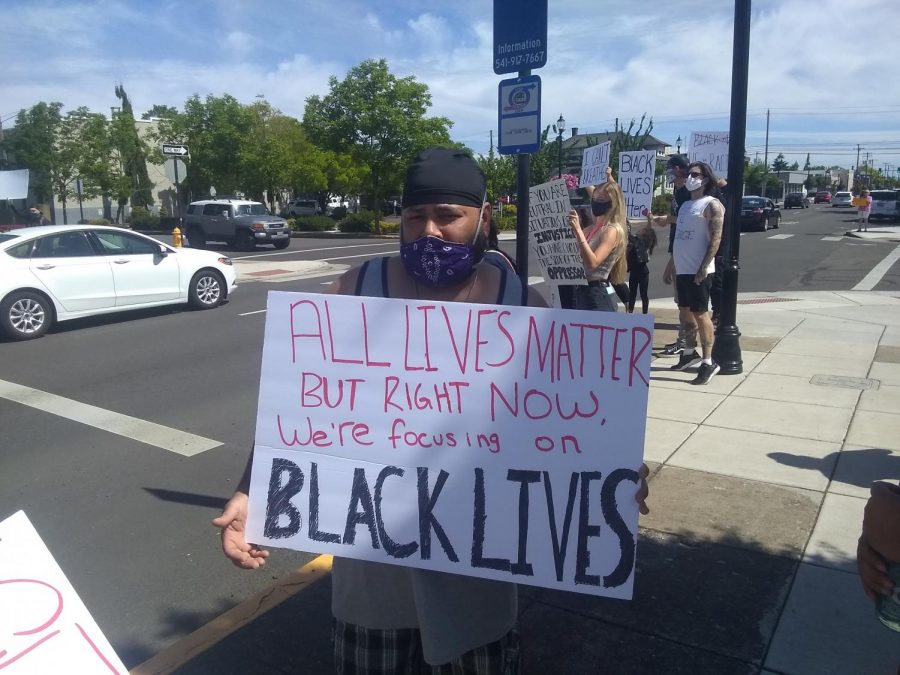It seems that 41.9 percent of students at WAHS are criminals. They’re criminals because of a law for new drivers known as the six month law. This ensures all drivers cannot have a passenger below the age of 21, unless they are family, for at least six months after getting their license. This is the 20th anniversary of the six month law.
For one, people in the car that are not matured may cause a distraction for driving; a lack of focus could potentially lead to a higher likelihood of an accident.
”From a mature aspect of mind, it’s a smart thing,” said junior Isaiah Roldan, “because from my experience […] when you’re with your best friends it’s kind of distracting, which can be unsafe if you’re not an experienced driver.”
We all want to be focused while driving. However, some things can make this difficult. You may drift off and put yourself and others at risk for an accident.
Furthermore, this can promote reckless driving due to passengers putting a driver in a position where they may try and show off because their friends are in the car with them. There is a chance that friends can joke about driving fast or drifting. On the other hand, some would say passengers promoting reckless driving is a very dangerous thing, because not only is the driver at risk, but it puts all the passengers at risk as well.
If the law is broken, some may lose driving privileges under the Provisional Driver Improvement program. If there are two driver violations or two preventable crashes, driving privileges will be restricted for 90 days. During the restriction, a driver is only allowed to drive to and from work. Driver improvement violations include but are not limited to: speeding, running a red light, not wearing a safety belt, or violating any of the Graduated Driver Licensing restrictions such as driving with friends, driving late at night when you’re not supposed to, or using any mobile electronic device while driving.
When asked about the law, senior Jade Howard said, “I think its kinda dumb because personally I feel more comfortable with someone else in the car, because they can help me park and stuff… They also can help me remember traffic laws.”
This law is in place for public safety, regardless of opinions. This was designed to increase the safety of teen drivers by giving them more time to gain driving experience before becoming fully licensed. The handbook, Oregon Parent Guide to Teen Driving, is an excellent resource for parents and high schoolers to understand the purpose for these restrictions and requirements, and to understand the consequences of not following them.
Senior Ahnalee Reimer said,”My parents were strict about the law, […] they gave some restrictions.” Along with Reimer, Roldan said, ”…my parents enforce it, most of my friends’ parents enforced it.” 86.8 percent of students say that they have not had the law enforced by a police officer, or have been stopped. Why is this law here you may ask? Well, these restrictions are important to help keep young drivers safe as well as gain valuable driving experience, free from the distractions that could be presented by having friends or other acquaintances as passengers in their vehicle. In addition to the “no passenger” restrictions, there are several other restrictions and requirements that new drivers need to be aware of. They are found in The Oregon Parent Guide to Teen Driving. Driving considered is a privilege and we must obey the law in order to maintain that privilege. Even more important however, is keeping ourselves and everyone else who shares our transportation system safe.


